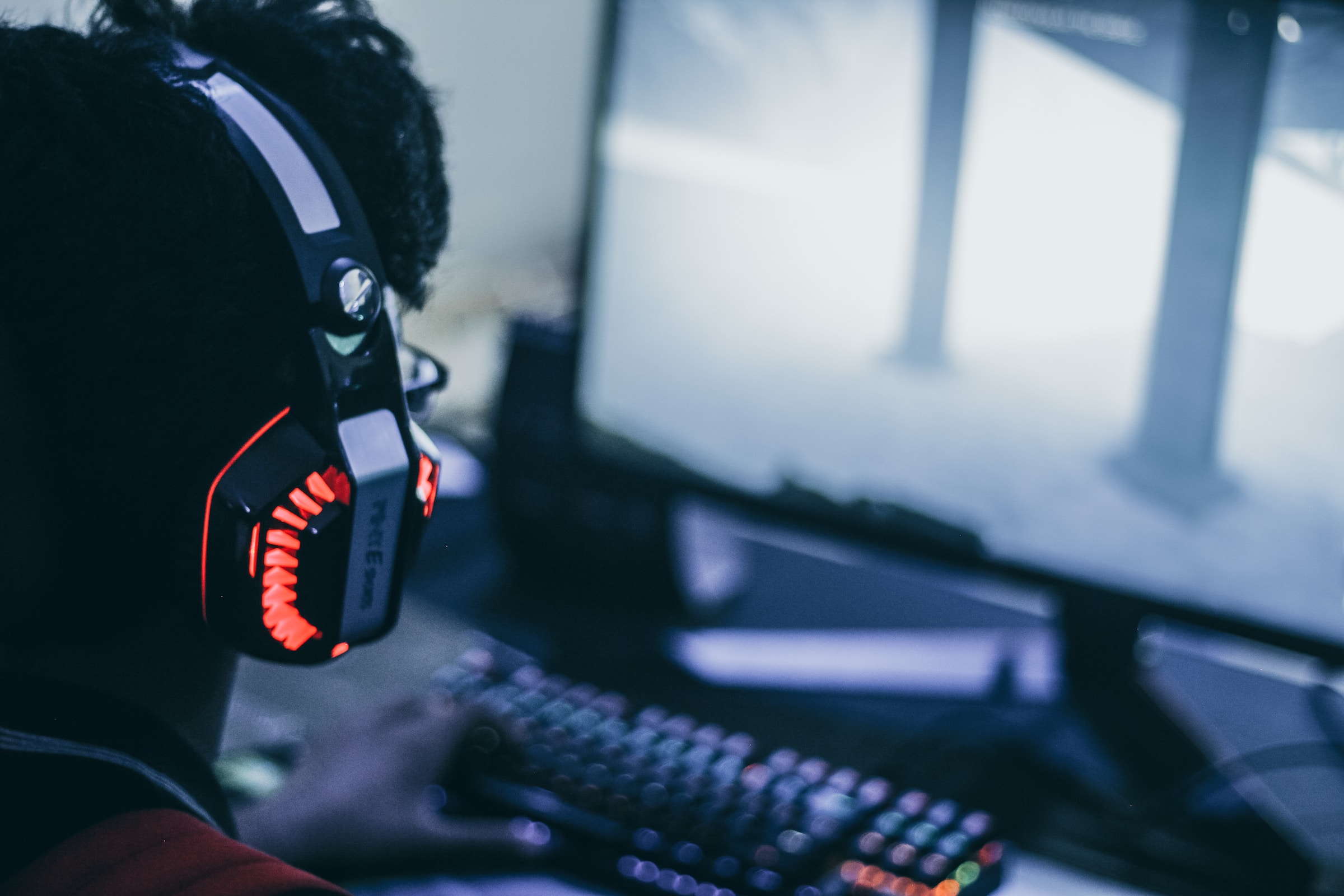Gaming and esports have totally blown up in recent years. With a mind-boggling 3.09 billion gamers in existence this year, the gaming market is an unstoppable force of global fascination. Anticipated to generate $218.7 billion in revenue by 2024, its undeniable allure continues to captivate the world.
Pro gamers are now dealing with big money and sponsorships, so keeping their gaming accounts in check has become crucial. These accounts are the heart and soul of a pro gamer’s career. Messing up or having your account hacked could be a total disaster.
But pro gamers have got some tricks up their sleeves to handle these challenges. They usually use tools and essential security practices to keep their accounts safe and organized. In this article, we’re diving into those strategies to make sure your gaming accounts stay protected.

Account Organization Strategies
Organizing gaming accounts is vital for gamers, whether they’re professionals, esports enthusiasts, or casual players. It improves gameplay, boosts account security, and helps establish a trustworthy presence in the gaming community.
Gaming is not just a source of fun, but also a social lifeline and a potential career path. By managing their accounts effectively, gamers can make the most of their gaming experiences and prepare themselves for the evolving world of media, entertainment, and sports. It’s a small but powerful practice that paves the way for success in gaming and beyond.
- Over a third of people rely on the same passwords for multiple websites, a risky practice that invites hacking and cyberattacks. Maximize security and organization by employing reliable password managers.
- Develop a consistent naming convention using game titles and usernames. For example, “GameTitle_Username” or “Username_GameTitle” makes it easier to identify and differentiate accounts.
- Take advantage of password managers’ categorization and tagging features. Create custom labels or tags based on genre, platform, or account type for quick filtering and retrieval.
- Enhance organization by assigning separate email addresses to each gaming account. This enables efficient management and reduces clutter in your primary inbox.
- Periodically review gaming accounts and close or delete any that are no longer in use. This minimizes security risks and keeps your accounts organized.
Account Security Tools
About 47% of American gamers have suffered cyberattacks on their gaming accounts or devices, with 76% of them experiencing financial losses averaging $744. To preserve the integrity of your gaming accounts, prioritize account security through various tools.
Two-Factor Authentication (2FA) adds an extra layer of protection by requiring users to provide two types of identification. This can involve a password along with a verification code sent to their mobile device or the use of hardware security keys.
Meanwhile, Virtual Private Networks (VPNs) play a crucial role in securing gaming accounts. By encrypting connections, they safeguard login credentials and protect against Distributed Denial of Service (DDoS) attacks. A VPN can also help you with masking IP address, so that you can get access to gaming content from different regions, expanding gaming options.
Professional gamers employ proactive account recovery measures, such as associating verified email addresses and phone numbers. Familiarize yourself with security questions, backup codes, and recovery emails or SMS to hasten the recovery process.

Best Practices for Account Security
Staying informed about emerging threats and employing effective protective measures is crucial for a safe and enjoyable gaming experience. By adhering to these essential practices, you can take control of your account security, safeguard your assets, and protect your gaming career from breaches.
- Strong Passwords: Create unique passwords using a mix of upper and lowercase letters, numbers, and special characters. Opt for a minimum of 12 characters or consider a passphrase instead of a single word.
- Update Security Settings: Stay on top of gaming platform security updates. Enable two-factor authentication (2FA), review privacy settings, and keep account recovery options up to date.
- Beware of Phishing: Cybercriminals target gamers through deceptive emails, fake websites, and social engineering. Verify email and website authenticity, avoid clicking untrusted links or downloading files, and share account info only through official channels.
- Stay Vigilant: Report suspicious activity to the gaming platform’s support team. Regularly check account activity and transaction history for unauthorized access or unusual behavior.
In professional gaming, prowess and skill are paramount. But safeguarding your gaming accounts has become an indispensable art form. By adhering to best practices and embracing these tools, you can navigate the digital battleground with confidence.
